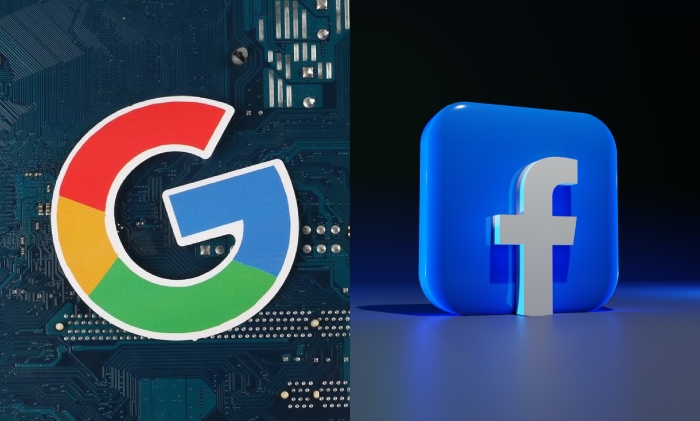What’s wrong with the tech behemoths riding the AI wave

It would be dysfunctional for Microsoft, Alphabet and the other tech giants to dominate another wave of innovation. What the Financial Times wrote about the AI sector
As the tide of AI pushes the tech sector up, giants like Microsoft and Alphabet are not only gaining dramatically, but in ways that are changing the arc of technological progress. Writes the Financial Times.
The first waves of the digital age have brought new names to the top of the rankings of technology stocks. But after the crash of 2000, some big companies began to take root, leading the way during the rise of the mobile Internet in the 2010s and blooming again in this year's artificial intelligence craze. The disruption is fading in the sector where it should be most powerful.
Building on historical work from Empirical Research, I looked at previous waves of innovation, from the rise of mainframes in the late 1960s to personal computers in the early 1980s, the Internet in 2000, and AI this year. By pinpointing the biggest gainers at the peak of each wave, I found that the AI wave leaders were older and far more dominant than those of the past.
When the mainframe wave hit its peak in 1969, the technology market numbered just 25 stocks. The leaders were a mix of old office equipment makers, such as Burroughs, who had diversified into computers, and newcomers, such as Digital Equipment Corporation (DEC), who avoided using the word "computer" because it was seen as a warning sign for investors. The average age of the top five companies was nearly 40 years old.
The average age of the top five companies was nearly 40, dropped to 28 at PC peak 1983, lowered by real newcomers like Apple, founded seven years earlier, and Tandon (eight). It plummeted again to just 12 at the Internet's initial peak in 2000, when the oldest of the five leaders was 19 (JDS Uniphase) and the youngest four (Juniper Networks). Until then, from wave to wave, no title remained in the top five.
Since the 2000s, however, the rotation has been replaced by a revolving door: the same names have swapped places at the top of the chart. The five biggest and hottest names this year include Alphabet and Microsoft, which launched popular generative AI applications. There's also Apple and Amazon, which investors believe will succeed because developing AI requires huge resources and data stores.
Investors are banking on optimism about AI's prospects, rather than actual AI revenues, and are betting that the giants will reign long. The average age of the tech top five is rising towards 40, with no new entrants. And their size is unprecedented.
At past peaks, the five largest technology companies with the greatest price momentum accounted for at most 1.3% of the total value of the S&P 500 index (in 2000). Today the top five are approaching a 20% share, with Apple alone approaching 7%. Normally, the bigger a company gets, the more difficult it is to grow quickly. But since late last year, Apple and Microsoft have grown by about 50 percent to a combined value of nearly $5.7 billion, more than the entire publicly traded technology sector in 2000, when it numbered 1,850 companies.
The top 10 stocks now account for more market share than ever since at least the 1970s. Governments realize what is happening and try to contain it, without success.
The key is to foster more competition and reduce concentration without destroying Big Tech. After all, the giants have made massive investments that are helping to bring AI to life and perhaps fulfill its promises of increased productivity and prosperity. From this point of view they look like "good monopolies", those that justify large profits with their contribution to the economy. Big business isn't bad by definition, if it focuses more on innovation than domination – but which is it now?
Government efforts to regulate the industry appear to have done more for entrenching incumbents than for new entrants to thrive. Regulations aimed at protecting consumer privacy, for example, make it more expensive for tech companies to operate and offer new opportunities for giants to consolidate their positions through lobbying. In just over a decade, US internet companies have increased their lobbying dollars fivefold to nearly $100 million. Three big tech companies entered the top 10 US companies by lobbying spend, with Amazon and Meta in first and second places.
From this point of view, they look like "bad" monopolies, those that dominate thanks to political influence. In any case, the longer monopolies last, the less likely they are to be good. No contribution to society can compensate for declining competition and extreme concentration, especially in an industry thriving on disruption. The fact that the giants are dominating another wave of technological innovation indicates a profound dysfunction of the system.
(Excerpt from the press release of eprcommunication)
This is a machine translation from Italian language of a post published on Start Magazine at the URL https://www.startmag.it/innovazione/giganti-tecnologici-ia/ on Sun, 13 Aug 2023 05:21:05 +0000.
